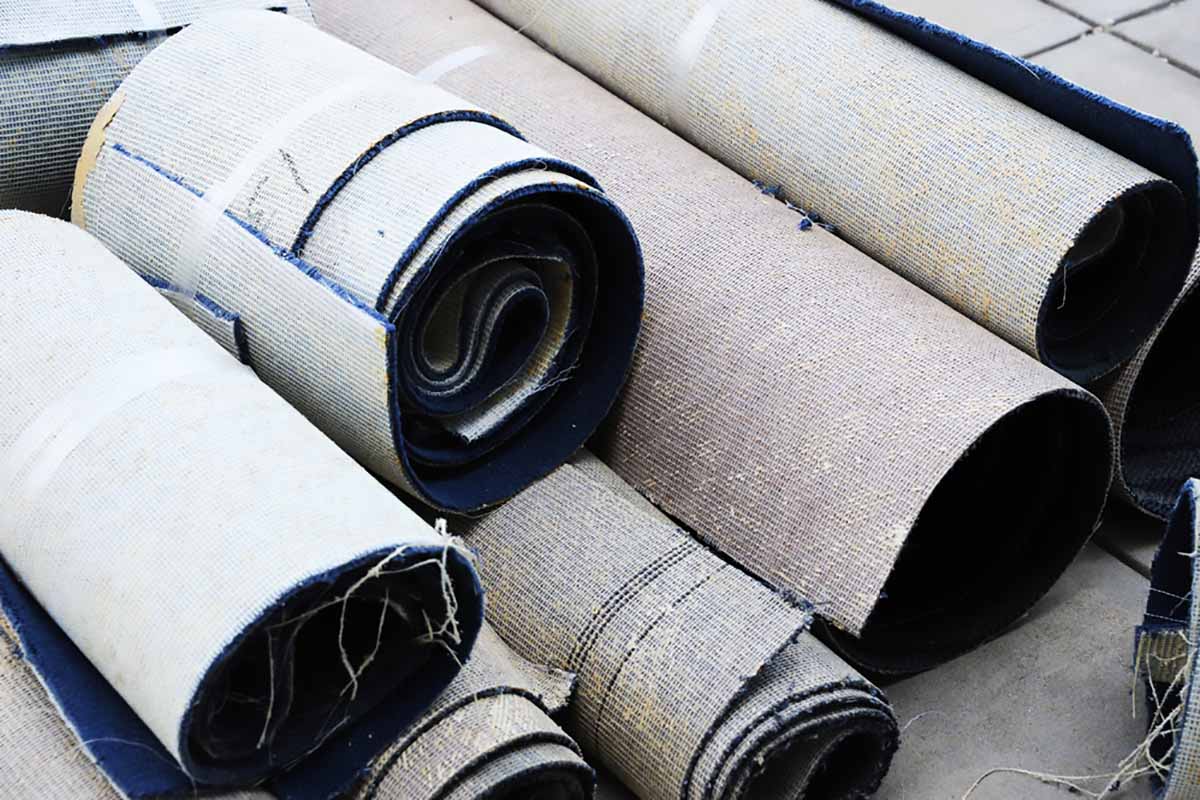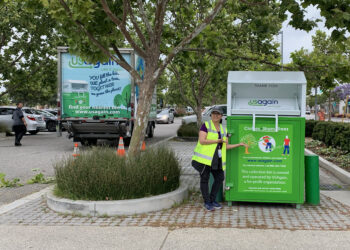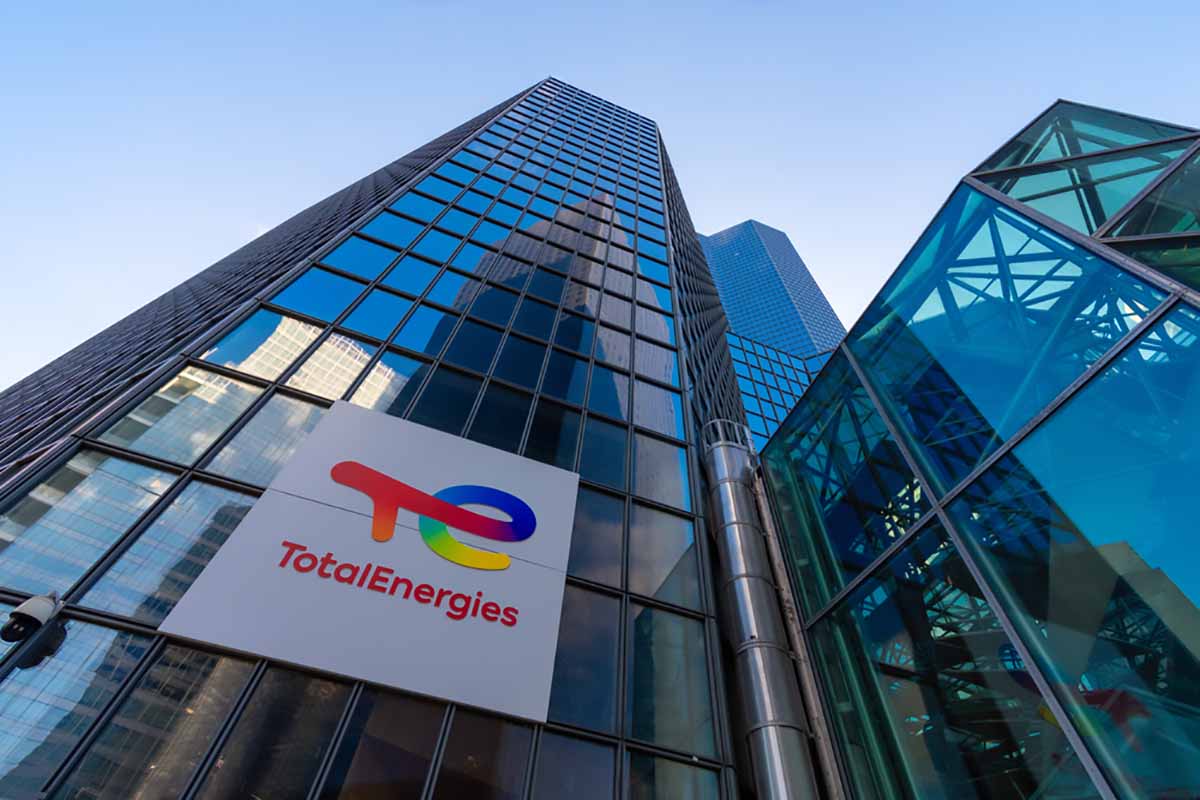If carpet has at least 10% recycled content, then California consumers will pay a lower recycling system fee at the cash register starting next April.
Under the current extended producer responsibility (EPR) plan in the Golden State, consumers pay 35 cents per square yard for all carpet types, and stewardship group Carpet America Recovery Effort (CARE) uses that money to fund the collection and recycling system.
On Oct. 28, CARE announced it has received conditional approval from state regulators to implement a differential fee plan in California. Under the new fee schedule, consumers will pay 33 cents per square yard for broadloom carpet containing 10% or more recycled content and 35 cents for carpet with lower percentages of recycled content. They’ll pay 48 cents per square yard for carpet tile containing 10% or more recycled content and 50 cents for carpet tile with less recycled content (carpet tile is more expensive for CARE to recycle than broadloom carpet).
The differential fee approach is in line with the concept of eco-modulation. The idea is EPR programs charge producers higher fees to fund the collection and recycling systems if their products have larger environmental impacts and/or are more expensive to collect and recycle. For example, a packaging company may pay a higher per-package fee for its multi-layer flexible packages, which generally cannot be recycled curbside and have a low commodity value, than a company would for aluminum beverage cans, which have among the highest curbside commodity values.
Packaging EPR bills signed into law in Maine and Oregon both include modulated-fee requirements, according to the Sustainable Packaging Coalition’s Guide to EPR Proposals. In addition, last year, three experts in EPR programs wrote in-depth for Resource Recycling about important considerations when using eco-modulation.
In the case of California’s carpet program, of course consumers are paying the fees, not producers. A goal of the fee will be to provide a financial incentive to buy recycled-content carpet. PET bottles, for example, are recycled to produce polyester-fiber carpet.
The differential assessments, which are to go into effect April 1, 2022, were required by legislation signed in 2019. Assembly Bill 729 made a number of changes to the EPR program, including requiring a differential-fee approach. CARE recently submitted its differential assessment plan to the California Department of Resources Recycling and Recovery (CalRecycle), which gave it conditional approval.
In 2020, CARE achieved a 21% recycling rate for carpet in California, up from 19% the year before but still short of the legally mandated target of 24%.





























